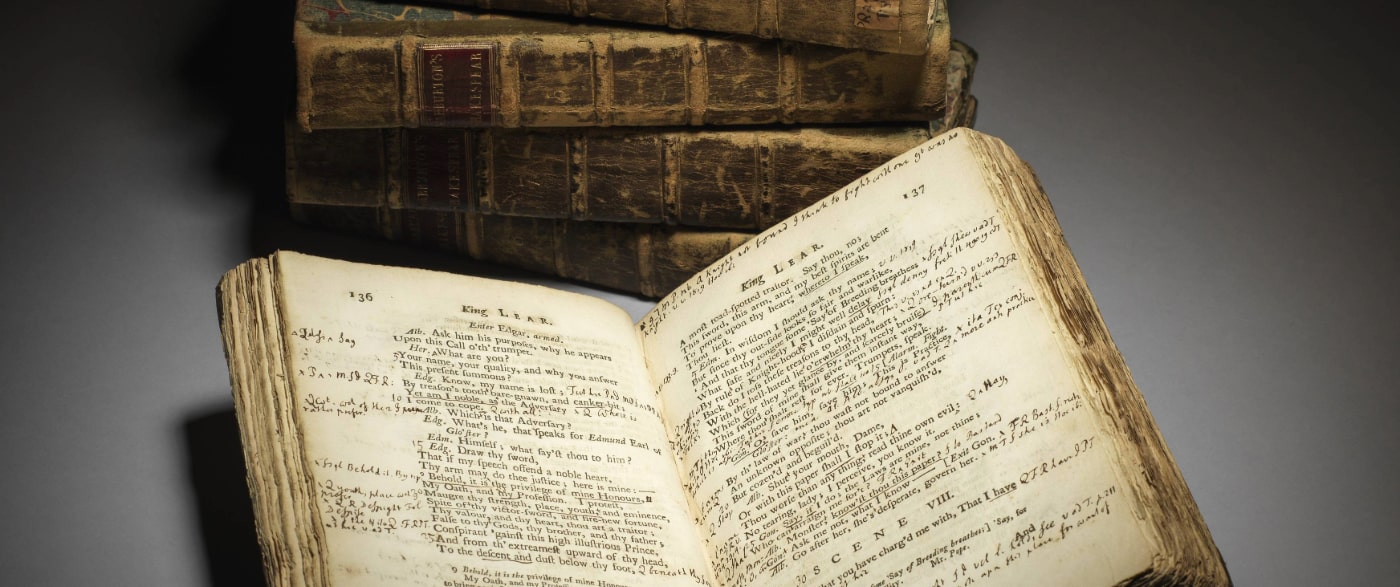Meaningful Connections: Historical Literature and Contemporary Debates

Researcher
Professor Richard Marggraf Turley
The Overview
Historicism is an approach to explaining the existence of phenomena by studying their history, or the process by which they came about. In this historicist inquiry, Professor Richard Marggraf Turley worked with key beneficiaries to explore how historical art and literature can inform our thinking around 1) food justice and sustainability and 2) the impacts of new forms of surveillance. Research revealed meaningful connections between the work of major historical writers and artists, and current societal challenges around food security and surveillance culture.
Professor Marggraf Turley communicated his interdisciplinary research through public speaking and dialogue, school visits, interactive workshops, radio broadcasts and media interviews in ways that led to new perspectives on the relation between literature and history and revealed the value of literary analysis to contemporary debate. His work has had an impact on teaching practices, on public understanding, on creative practice and on tourism.
The Research
Professor Marggraf Turley’s research focused on canonical poems, paintings and plays from key historical junctures where current anxieties around food and surveillance come into focus.
His work has had an impact on teaching practices, on public understanding, on creative practice and on tourism.
The first area of research draws from diverse areas of interdisciplinary expertise to explore how Shakespeare’s tragedy King Lear, John Keats’s ode ‘To Autumn’ and John Constable’s painting ‘The Hay Wain’ are not only embedded in historical debates over equitable food distribution, but can also help to frame, shape and illuminate contemporary public understandings of food security and sustainability in an age of acute environmental crisis.
The research combined literary analysis with food science to produce a holistic ecology of historicist inquiry focused on the politics of food production and systems of distribution. It spurred creative engagement with the agricultural and environmental problems we currently face, at the same time as pushing literary texts directly to the centre of current debates.
The second area of Professor Marggraf Turley’s research investigates the extent to which Romantic poems and paintings produced at the beginning of new global forms of surveillance both anticipate and also contribute meaningfully to current debates around surveillance culture. In 2017, he published the first interdisciplinary essay to bring together research on Romantic literature with the field of Surveillance Studies.
The Impact
Influencing Conceptual Understanding and Approaches to Teaching
Informing Public Understanding
Generating New Ways of Thinking That Influence Creative Practice
Contributing to the Quality of the Tourist Experience

Get in touch
As a University, we’re always keen to share our knowledge and expertise more widely for the benefit of society. If you’d like to find out more or explore how you can collaborate with our researchers, get in touch with our dedicated team of staff in the Department of Research, Business and Innovation. We’d love to hear from you. Just drop an e-mail to:
Research Impact Case Studies | Research Theme: Culture
